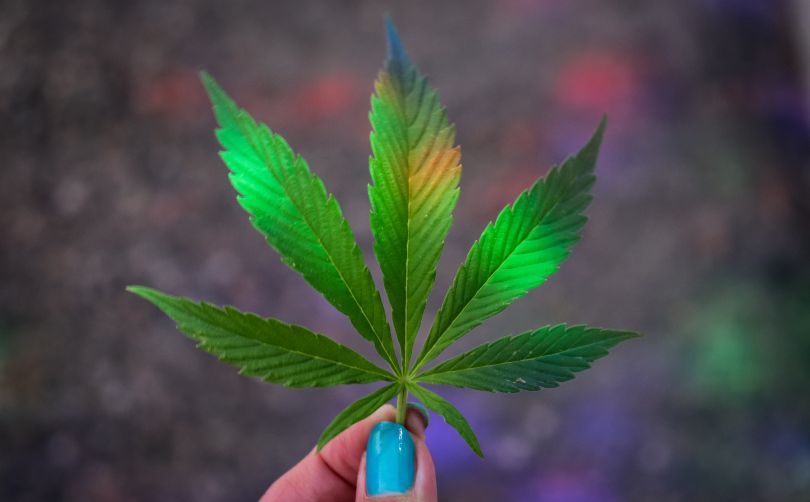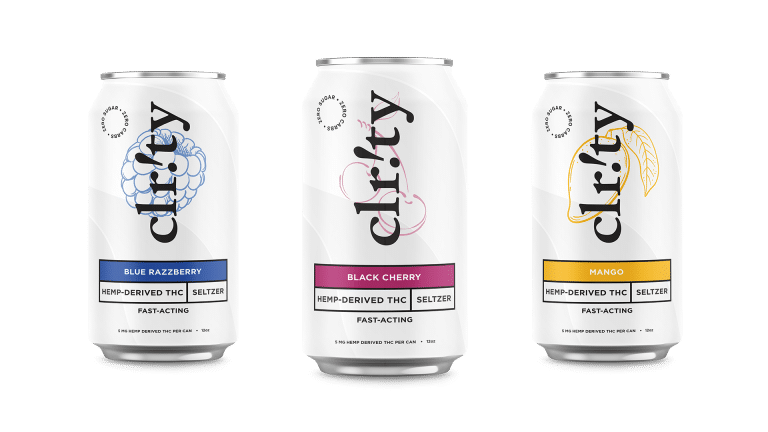Access to cannabis has expanded in the US dramatically. As states like Colorado, Oregon, and Washington approach their second decade of recreational legalization, we are starting to get data on the long-term implications of legalization. One of the most exciting areas is how alcohol use disorder rates are affected when citizens are given safe, legal, and readily available recreational cannabis products.
In this article, we will explore a recently published, peer-reviewed study that used a longitudinal, co-twin control design to test the effect of legalization on society. We’ll discuss the study and provide insights into how cannabis can be an alternative to alcohol.
But before we get into the research, let’s review the adverse effects of recreational alcohol and cannabis.
Side Effects of Alcohol
Alcohol is a central nervous system depressant that can cause many short-term and long-term side effects. Short-term effects of alcohol include slurred speech, impaired coordination, and slowed reaction time, which can lead to accidents and injuries.
The long-term effects of alcohol include liver damage, pancreatitis, and an increased risk of certain cancers. Alcohol can also cause mental health problems, such as depression and anxiety, and can lead to addiction.
The Dangerous Implications of AUD
Alcohol Use Disorder (AUD) is a severe condition that can devastate an individual’s health, relationships, and overall well-being. People with AUD are at a higher risk of developing serious health problems, such as liver disease, pancreatitis, and certain cancers. They may also experience social issues, such as strained relationships with family and friends, and difficulties at work or school. AUD can also lead to an increased risk of accidents, injuries, and, in some cases, death.
Known Adverse Effects of Recreational Cannabis
Recreational cannabis use can also have several adverse effects, including impaired memory and concentration, altered judgment, and increased risk of accidents and injuries.

Cannabis use can also lead to addiction and, in some cases, the development of mental health problems such as anxiety and depression. Long-term use of cannabis is also linked to an increased risk of lung problems, such as chronic bronchitis. Additionally, smoking cannabis can harm the respiratory system and lead to other health problems.
The Findings in the Study
How Researchers Collected Data
Researchers from the University of Minnesota and the University of Colorado gathered data on 4078 individuals from twin samples maintained by the Minnesota Center for Twin Family Research and the Colorado Center for Antisocial Drug Dependence.
Participants were recruited in adolescence from birth records between 1972-1994. After 2014, when recreational dispensaries opened in Colorado, both sites conducted a joint assessment of the same twins. Participants were classified as living in a recreationally legal or illegal state based on their ZIP code and the evaluation date, and those without a valid US ZIP code were excluded.
The study measured the following outcomes before 2014:
- Frequency of cannabis, alcohol, and tobacco consumption,
- Use disorder
- Parental education
- Adolescent non-substance-related externalizing psychopathology
- Lifetime symptoms of ASPD
Outcomes after 2014 included:
- consumption of alcohol, tobacco, and cannabis
- Number of non-cannabis illicit substances consumed
- Psychiatric outcomes
- Psychosocial outcomes
- Savings habits
- Financial problems
- Degree of unemployment
- Legal consequences
The outcomes were compared using a twin from a state with recreational cannabis and a twin without to reduce genetic and environmental factors.
Results
The availability of recreational cannabis dispensaries caused an increase in cannabis use and a decrease in AUD symptoms when comparing outcomes experienced by each set of twins.
While the researchers didn’t hypothesize that legalization would affect AUD symptoms, they performed an exploratory follow-up examining all 11 alcohol dependence symptoms, average alcohol quantity when drinking, and maximum drinks in a 24-hour period.
Below are the findings of the follow-up regarding alcohol consumption:
- No significant change in average alcohol quantity for either twin
- Maximum drinks within 24 hours decreased for twins with recreational cannabis
- Recurring drinking when physically hazardous was less likely for twins in recreational cannabis states
Of the 11 symptoms of AUD, only one, “recurring drinking when physically hazardous,” was associated with twins in recreational cannabis states.
Our Conclusions
The results of the study are promising but have limitations. For example, the researchers stated that the participants possessed characteristics of low levels of substance use and psychosocial dysfunctions. In addition, outcomes commonly associated with excessive cannabis use, such as physical health, sleep, motivation, depression, and bipolar disorder, weren’t evaluated.
However, the study clearly shows that the twin in a state with access to legal cannabis drank less in 24 hours and was less likely to keep drinking after a dangerous level of intoxication, on average. Both outcomes are among the most harmful aspects of recreational drinking.
While the study doesn’t show that access to cannabis prevents alcoholism, reducing the destructive behavior associated with drinking is significant. Similar studies have shown that access to legal weed decreases opioid emergencies and deaths.
The research regarding cannabis use reducing the harm associated with more dangerous substances is promising, but there’s still a long way to go. In the Cambridge study’s conclusion, the authors suggest future work to include standardized dosages and varied routes of administration will help us with “additional nuance in how cannabis consumption relates to adverse outcomes and what patterns of consumption are associated with the smallest and largest risks.”
How Cannabis can Decrease Your Alcohol Consumption
One of the most harmful aspects of cannabis use is the administration of hot smoke into the lungs. Enjoying flower or vaporized cannabis extract may have fewer toxic effects than alcohol but still can cause long-term health complications. The most effective way to decrease your alcohol consumption with cannabis and reduce harm is by choosing an infused drink or edible.

Seek Clr!ty Hemp-Derived THC Seltzers
At Clr!ty, we offer a line of hemp-derived THC seltzers in 5 delicious flavors – Black Cherry, Mango, Blue Raspberry, Tangerine, and Pink Lemonade. Each can contains 5mgs of hemp-derived THC (Pink Lemonade has 10mg). The low dosage allows you to enjoy the beverage socially but not be overwhelmed with the psychoactive effects of THC. (Lyrica)
Check out our full line of THC seltzers if you are ready to reduce alcohol consumption!

 History/Evolution of Cannabis and Why Hemp Was Made Illegal
History/Evolution of Cannabis and Why Hemp Was Made Illegal